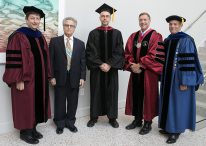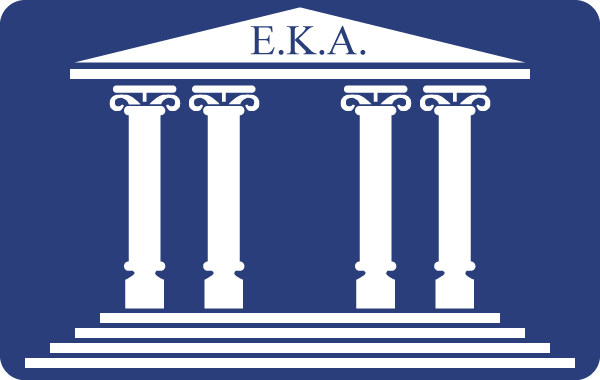Category: GREEK DIASPORA
-

Greek sushi master among world’s 100 best chefs
Greek sushi master Antonis Drakoularakos, owner of Athens restaurant Sushimou, was named among the world’s 100 top chefs at the award ceremony of the first Chefs World Summit on Sunday night. Organized by the prestigious French magazine Le Chef from November 27-29 at the Grimaldi Forum in Monaco, the event included a stellar lineup of…
-

Nikolaos Panou, PhD, installed as tsantes endowed Professor in Greek Literature and Language at Stony Brook University
The Stony Brook community came together to celebrate the formal installation of Nikolaos Panou, Ph.D., the inaugural Peter V. Tsantes Professor in Greek Literature and Language. “It is an understatement to say that I am delighted that Nikolaos Panou has been named to this distinguished professorship,” said President Samuel L. Stanley Jr. during the ceremony.…
-

Greek Native Offering Language Lessons in Jasper: ‘I Just Want to Share my Culture’
Greek native Kostas Souliaris moved to Canada from Greece five years ago. He settled in Jasper, Alberta, where there is a healthy Greek population and decided that it was about time that Greek language lessons were offered in the town. Although the details are yet to be finalized, so far he has put together a loose syllabus for his classes…
-

Greek restaurant ranked amongst the world’s best
For the fourth consecutive year, Athenian restaurant Funky Gourmet has been included in the list of the world’s best fine dining restaurants according to TripAdvisor. Based on reviews and opinions from travellers around the world, the restaurant, located in the ancient neighbourhood of Keramikos, was the only Greek fine dining business to make the prestigious…
